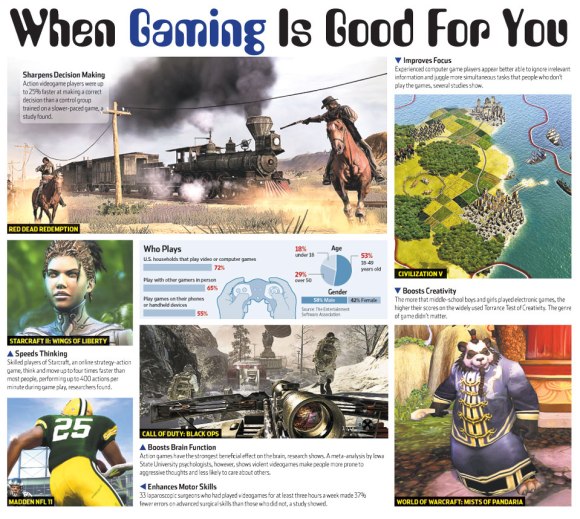In the debate on teaching and learning in the digital age two dominating views tend to emerge: one utopian, one dystopian. The video New Media is an expression of the latter: immersive technology makes us blind and deaf for the destruction of interpersonal communication, environmental pollution and societal collapse in general. A day made of glass is an advertisement video and depicts the opposite view: a future in which digital technique makes our work and school experiences easier, profounder and more enjoyable. Which video reflects my take on our future with tech?
My interest in e-learning was first aroused in the early 2000s, when I was teaching at universities in the Netherlands and Taiwan. Learning management systems had just been developed and were introduced in industrialized countries to facilitate online learning in higher education. I went back to school to study Digital Communication and Media/Multimedia. Using web creation tools I became fascinated by the many ways digital creativity and interaction can be used to enhance learning. In 2011 I started working for a Swiss medical NGO, developing e-learning and blended training courses for health care professionals in low- and middle-income countries. It became my personal mission to optimize instructional design and educational technologies for the promotion of sexual and reproductive health while offering learners a stimulating online learning environment that enhanced continuous learning.
So yes, digitization of learning and development definitely had a positive impact in my education and work. But not everyone is that fortunate. Many of my learners in developing countries for instance: their computers don’t meet the technical requirements for state-or-the-art online courses or they lack bandwidth. In industrialized countries a increasing proportion of children has serious back problem because of excessive use of games, tables and smartphones that are increasingly used for teaching in schools. On a personal level I find I can be so occupied with online communication that I neglect my partner and friends in real life – something Sirley Turtle discusses at length in her TED talk ‘Connected, but alone?’.
Of course it’s not technology that’s to blame for inequality in digital access and knowledge, back pain, and the deterioration of real-life communication: what’s at fault is the way we relate to technology. And that’s all but a black-and-white matter. The videos I mentioned show the limitations of a dichotomizing view on our future with tech: New Media could not have been created without the advances in technology and A day made of glass is stuffed with 1950s-style gender stereotypes. We need cautious technical and digital progress: making sure all who want can join the developments, and reflecting on what is lost during the time we spend online.

